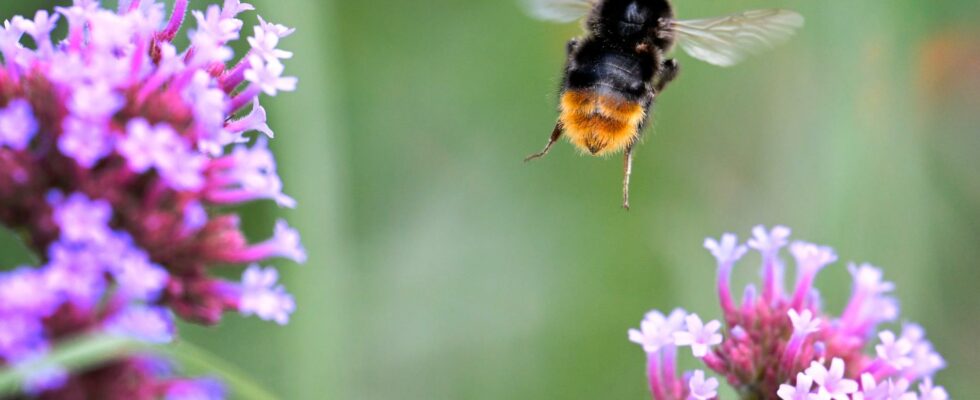unsaveSave
expand-left
full screen
chevron-rightnext
There is an urgent need to protect grasslands and other important habitats, according to scientists. Archive image.
1 / 2Photo: Janerik Henriksson/TT
Are birds chirping, humming bumblebees and flower meadows at stake in the EU elections? At least according to scientists, who believe there is a rush to agree on the law to restore nature – and halt the looming loss of species.
– This should be handled as forcefully as the covid pandemic, says Professor Alexandre Antonelli.
It is about meadows, old forests, wetlands and other green areas that are important for the survival of species.
Many Swedes rank climate and environment highly ahead of the EU elections. A heavy environmental issue for the Union in the near future concerns the fate of the law that is supposed to reverse the depletion of nature and the galloping loss of plant and animal species – the regulation on nature restoration.
It is controversial and fell through the cracks last spring due to political disagreement. But the importance of rowing it ashore quickly cannot be overestimated, says Alexandre Antonelli, professor of biological diversity at the University of Gothenburg.
– We are in a global crisis and we are out at the eleventh hour. We really cannot afford to lose more habitats, he says.
Concerns about forestry
He points out that Europe stands out globally in that a higher percentage of land than in many other parts of the world has been used for housing, roads and agriculture, for example. This means that many species have nowhere to go.
The law is also seen as important for the climate, because, for example, restored forests and wetlands can bind more carbon dioxide. Healthy ecosystems are also better equipped to cope with a warmer climate.
The bill states, among other things, that at least 20 percent of the EU’s land and sea surface must be restored by 2030. And all ecosystems that need to be restored by 2050.
The opposition to the law is above all about concern that agriculture and forestry will have to stand back in order for the goals to be reached. That is one reason why the Swedish government voted against it.
Good for human health
But the contradictions would not have to be so great, believes Alexandre Antonelli. For example, when it comes to the forest.
– We need forest raw materials, but instead of clear cutting there are other methods that do not destroy habitats but still provide economic profit over time. And we must protect our last old forests.
The positive thing, according to Antonelli, is that the research shows that there are now good methods for recreating nature so that it resembles the original habitats.
– Only the countries can agree on a new law, then we have a good chance of getting much nicer nature in Europe. And that would benefit everyone, as there are strong connections between people’s health and closeness to nature.
FACTS Climate and environment in the EU election
A few more of the issues in climate and environment that the EU Parliament has on its table in the coming year:
Targets for emission reductions by 2040
The transformation of agriculture
Ban on the “eternity chemicals” PFAS
New Forest Monitoring Act
Read more
